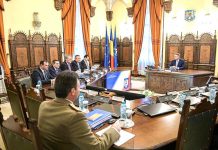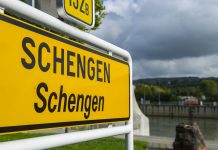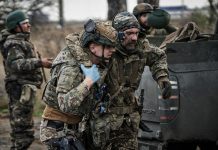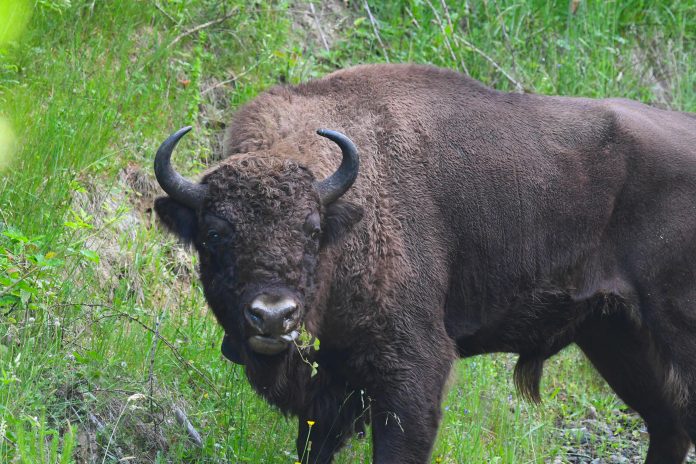Seven male bison have been relocated in Romania’s southern Carpathians.
Rewilding
The seven arrived at Bison Hillock, a rewilding area from Germany through the LIFE RE-Bison project, according to a press release on Friday.
The project aims to contribute to the genetic diversity of the free-ranging population of bison.
World Wildlife Fund-Romania, Rewilding Europe and the German Donaumoos, Bad Berleburg, Neumünster and Bielefeld Reserves organized the transport.
Complex selection process
The decision to relocate the males was taken after a complex selection process and consultations with the Bison Specialist Group about the conservation of the species.
The bison spent six months together in the Donaumoos Wisentgehege reserve in Germany to get to know each other and to facilitate the adaptation process to the Natura 2000 Țarcu mountains site.
The project which started six years ago has seen 25 calves born in the wild. The bison climbed to an altitude of more than 2000 meters in the Țarcu Mountains, according to Marina Drugă, LIFE RE-Bison Project Manager, WWF Romania.
Conservation
“This is a pioneering project, and this helps the whole scientific community in Europe to better understand the species and to have good results in its conservation”, she said.
After a quarantine period, the newly-arrived males will be released into the wild. There were two relocations in the past year and there are now 100 bison living in the area.
Male bison
These males are still young, but can reach more than 800 kilograms when they are mature. Male bison are solitary and spend most of their time away from the female group with calves, but return during the breeding season and over winter.
The reintroduction of the bison to the southern Carpathians is part of the “ Urgent actions for the recovery of European Bison populations in Romania”, project.
It was implemented by WWF Romania and Rewilding Europe. The EU through the LIFE Program and local communities offered financial support.
VIDEO | Thirteen ‘super bison’ arrive in Southern Carpathians as part of rewilding project




















